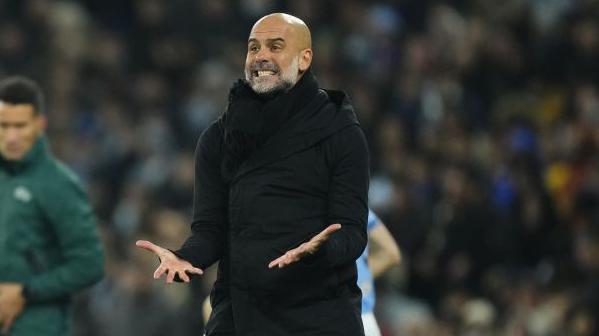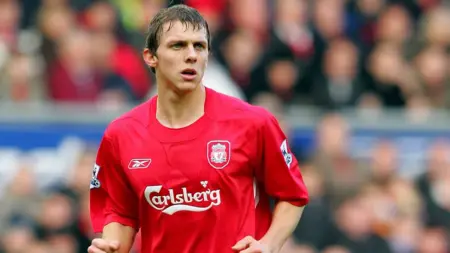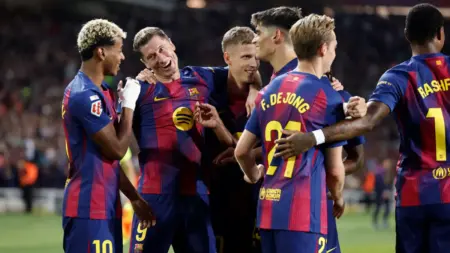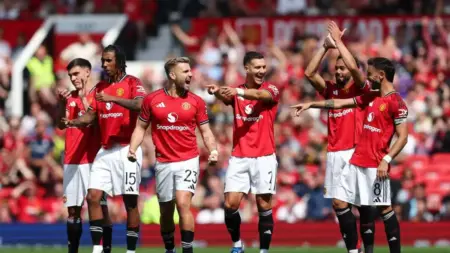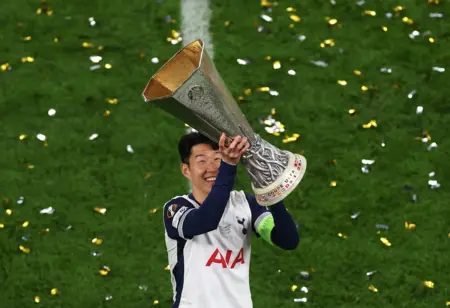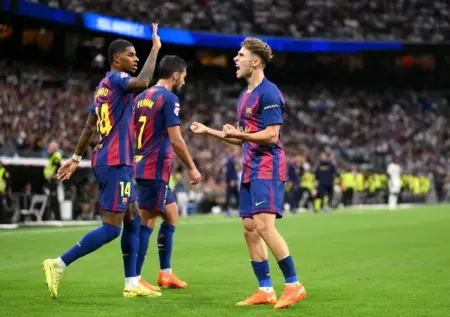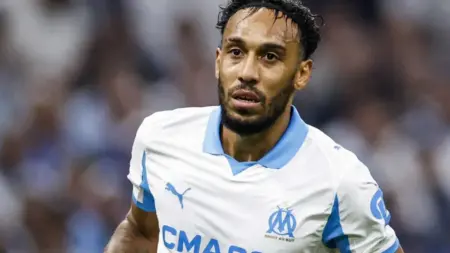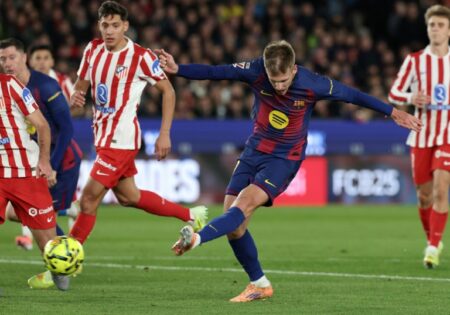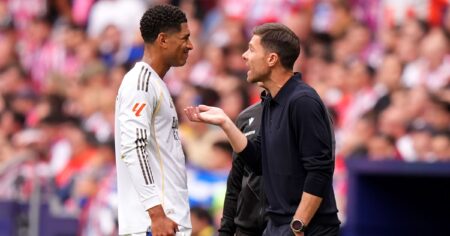The Pre-Match Provocation
The atmosphere at the Etihad Stadium was electric when Manchester City fans unfurled a massive flag taunting Real Madrid and Vinicius Junior. The banner read, "Stop Crying Your Heart Out," a reference to the Oasis hit, and featured an image of Rodri kissing the Ballon d’Or trophy, which Real Madrid had boycotted in protest over the decision. The gesture, while bold, seemed to set a confrontational tone for the match, but little did the fans know that the emotional turmoil would be all theirs by the final whistle.
The Turning Tide
Manchester City started the game with confidence, and Erling Haaland’s early strike gave them the lead they craved. However, the wheels began to come off as the match progressed. Real Madrid, with their relentless and seasoned approach, sensed the growing anxiety and nerves in the City camp. The contrast between the two teams was stark: while City wilted in the second half, Real’s confidence and street smarts, honed over years of Champions League triumphs, came to the fore. City’s former midfielder, Brahim Diaz, equalized with just four minutes left in normal time, and the home side’s disarray was palpable.
The Late Surge
Real Madrid’s late surge, which has become their hallmark, was on full display. Despite being down 2-1 with just a few minutes left, the Spanish giants never lost faith. The final blow came in injury time when Jude Bellingham, who had been a constant threat, scored a decisive goal. Ederson, usually a reliable presence, was caught off his line after being lobbed by Vinicius Junior, leaving Bellingham to turn the ball into an empty net. The goal had a sense of inevitability, a testament to Real Madrid’s unshakable belief in themselves, even when the odds seem against them.
The Woes of a Weary Team
Manchester City’s struggles were exacerbated by a series of setbacks. Jack Grealish was forced off the pitch with an injury after just 30 minutes, having shown flashes of brilliance early on. Without Rodri, who was sidelined with a knee injury, City lacked the midfield steel and composure that his presence usually provides. The second half saw City’s tired legs and diminished energy levels, allowing Real Madrid to dominate and miss several chances before Kylian Mbappe’s equalizer. Guardiola seemed to recognize the issues, acknowledging that the team is not as stable as it used to be and that he, along with the players, bears responsibility.
The Manager’s Reflection
Pep Guardiola’s post-match comments reflected a mix of frustration and self-criticism. "Many times it happens this season," he said, referring to City’s tendency to collapse from winning positions. "I know the quality of Real Madrid. We took the game in the second half and tried to attack too quickly. It happens because they are an exceptional team." Guardiola admitted that managing the team’s composure in high-pressure situations has been a challenge, and he took the blame, stating, "This year, I accept when the opponent is better but at the moment I’m not good enough to give composure to the team to manage these situations. It’s the truth." His recognition of the team’s instability and the need for collective accountability underscores the gravity of the situation.
The Road Ahead
The task ahead for Guardiola and City is monumental. They must travel to the intimidating Bernabeu stadium, where miracles seem to favor the home team, to overturn a 3-2 deficit. Given City’s current form and the propensity for collapse, this challenge appears daunting. The evidence is mounting that Guardiola has a significant job ahead to revive his champion team. If real change is to come, it may require more than just a single victory; it might necessitate a complete reassessment of the squad’s depth and resilience. For now, the focus is on the second leg, where City will need fresh legs, fresh minds, and perhaps a bit of luck to turn the tide.

